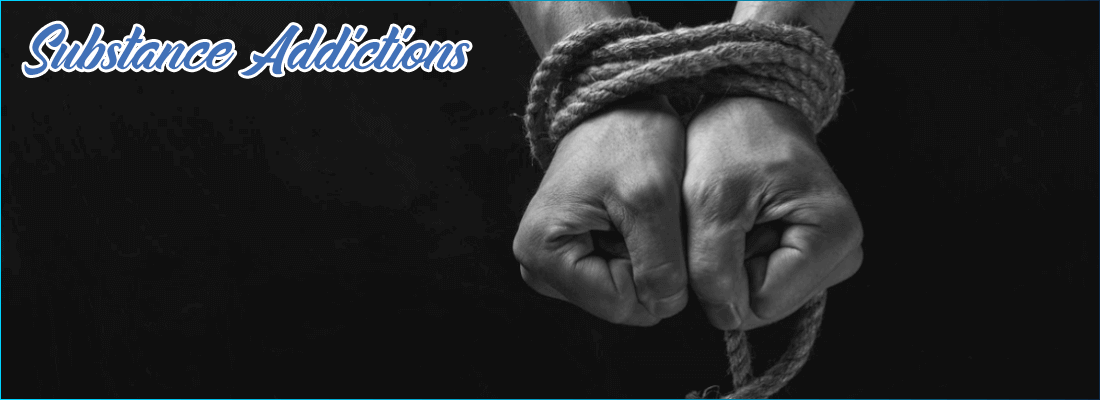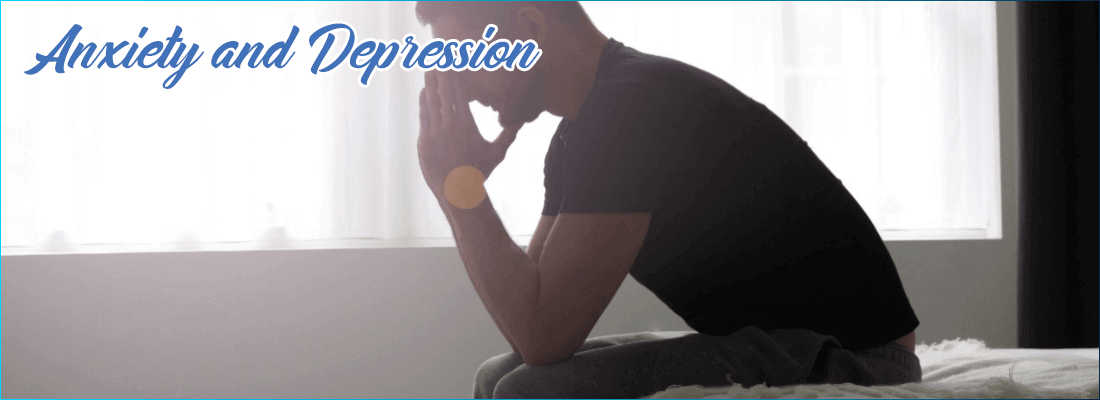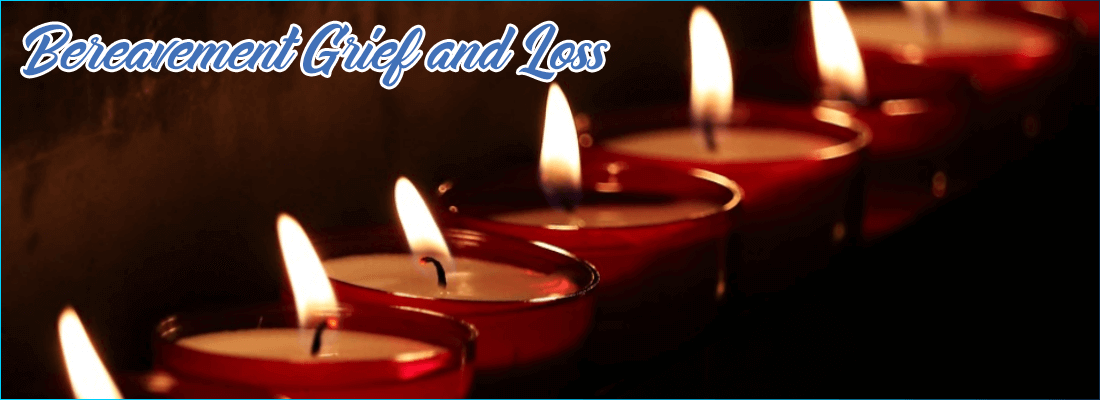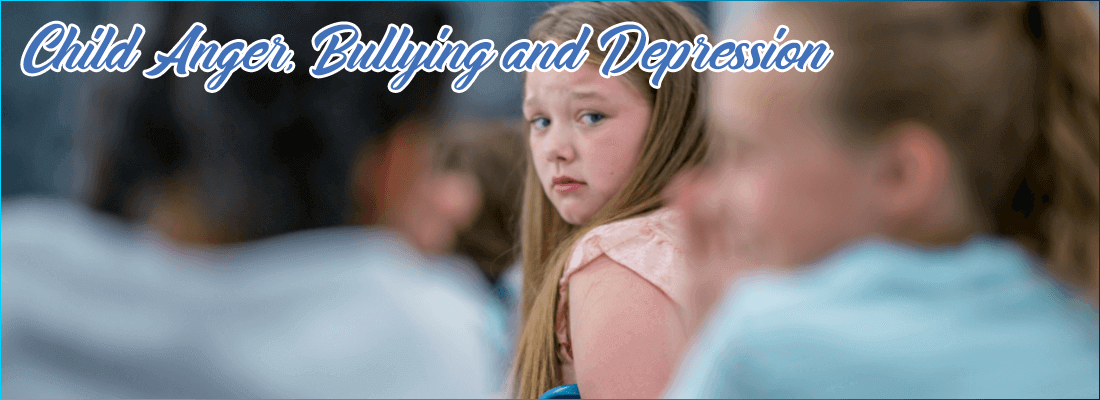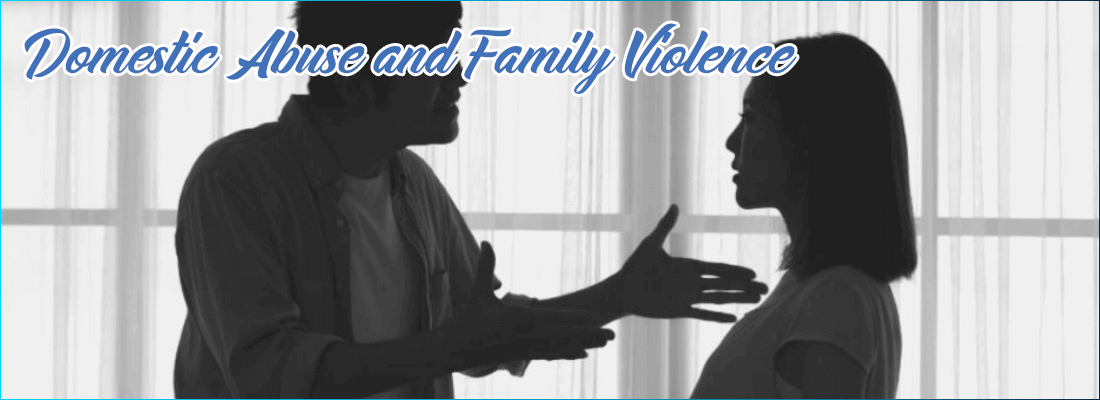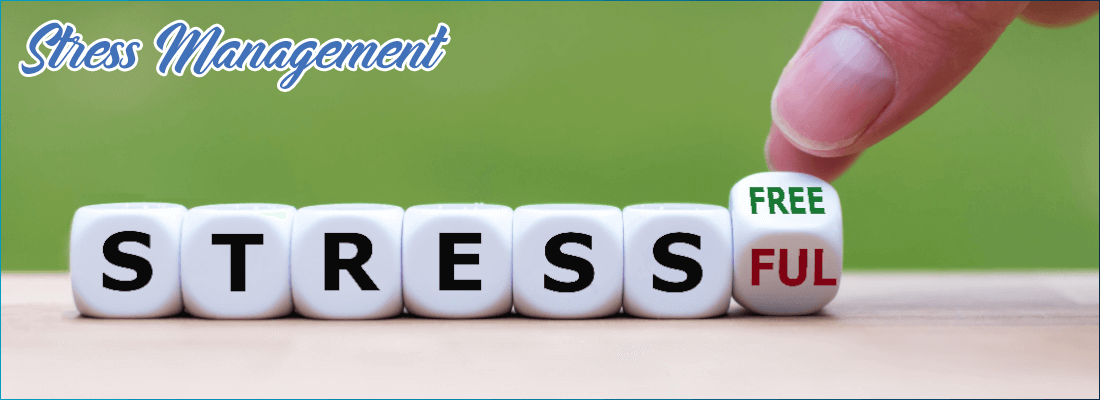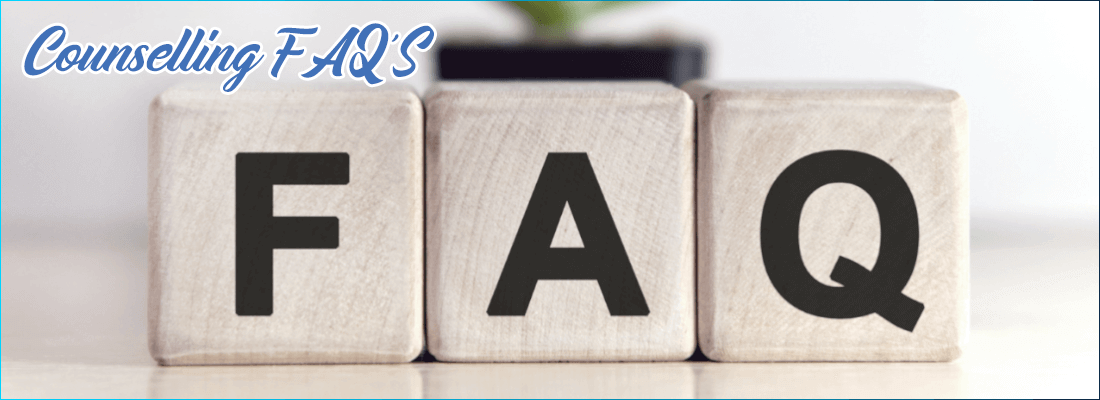My Caring Counsellor - Mobile
Post Traumatic Stress Disorder
Post Traumatic Stress Disorder
Clayton Counselling is here to help inform, educate and heal. So it’s important that our readers and those seeking counselling service, understand exactly what Post-Traumatic Stress Disorder (PTSD) is. In short PTSD, is mental health conditioning that’s triggered by one or more terrifying events, by either experiencing it or witnessing it.
Many people, unfortunately, who go through PTSD events have some difficulty copy and adjusting, but with some time and self-care, the outcome can be vastly improved. If common symptoms get worse, last for months or years, and interfere with your day-to-day functioning, you may have PTSD.
Seeking proper treatment after PTSD episodes develop, can be critical to reduce symptoms and improve overall function.
Common Symptoms
PTSD stress disorder symptoms may start within a few weeks of a traumatic event, but at times, symptoms may not appear until a number of years after the leading events. These symptoms cause significant problems in work, social and relationship situations. They can also interfere with your ability to go about normal daily tasks.
Post-traumatic stress disorder symptoms are generally grouped into four types: avoidance, negative changes, intrusive memories and changes In thinking process and mood, and changes in physical emotional reactions. Symptoms vary from person to person and is largely dependent on time.
Let's look at these in a little more detail:
Intrusive Memories
Symptoms may include but are not limited to the following:
- Severe emotional distress, physical reactions to reminders of events.
- Recurrent, unwanted memories, flashbacks, upsetting dreams and nightmares.
Avoidance
Some common symptoms are, but not limited to the following:
- Trying to avoid places/thinking/talking about traumatic event.
Post Traumatic Stress Disorder Continued
Conituned from previous column.
Negative Changes in Thinking & Mood
Symptoms of negative changes in thinking and mood may include but are not limited to:
- Feeling emotionally numb/hopelessness about the future.
- Feeling detached from family and friends.
- Memory problems which include not recalling important details.
Negative Changes in Thinking & Mood
Arousal symptoms, that is, symptoms of changes in physical and emotional reactions may include and are not limited to:
- Trouble sleeping and concentrating.
- Self-destructive behavior, outbursts and aggressive behavior.
Intensity of Symptoms
PTSD symptoms vary in intensity over time. Some individuals may have more symptoms when stressed, or come across reminders of what you went through. For instance, you may hear a loud noise and relive combat experiences. Or you may see a report on the news about an assault and feel overcome by memories of your own assault.
When to Seek Help
If you suspect your affected by PTSD, if you have disturbing feelings about traumatic events for a prolonged period of time, if they’re sever, or if you feel you’re having trouble getting your life under control, then it’s time to seek professional help. Don’t hesitate to reach out to Clayton Counselling and we will be pleased to help, before symptoms progress.
How to Connect With Us
If your feeling a little bit nervous or anxious, rest assured that many individuals feel the same way when reaching out our counseling service. As a result, Clayton Counselling always keeps an open-line of communication with our clients, at all times. In addition we are pleased to provide a number of easy-to-use, communication methods to facilitate in this process. Click below to find the best contact option for you and rest assured that we look forward to hearing from you!








